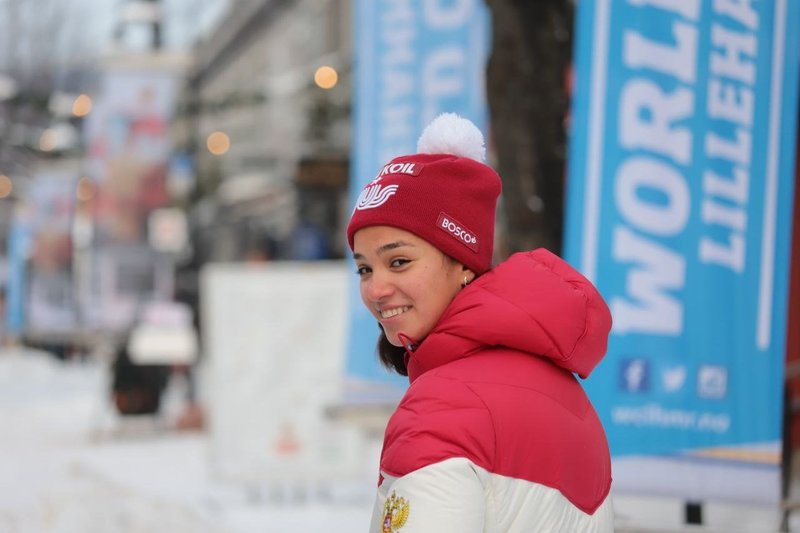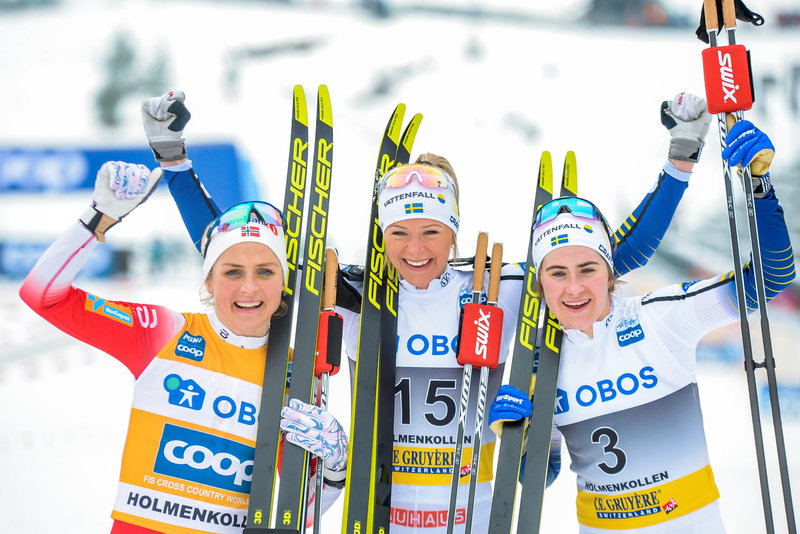Thomas Bach gave an interview to German newspaper Bild last week. I was impressed with how the CIO boss manages to point out two opposing things in the same conversation. On the one hand, “political boycotts lead nowhere”. On the other hand, “we do not yet recommend allowing athletes from Russia and Belarus to participate in international competitions.”
On reflection, I realized that these two quotes from the same senior official are the very essence of modern sport.
Bach remembers very well that nearly three-quarters of the IOC’s income today comes from contracts with American firms. Among these, the most important are media rights with NBC Universal (media rights in the United States) and Discovery Communications (media rights in almost all European countries. Yes, Americans have the right to show the Olympics in Europe , didn’t you know that?).
At the same time, most countries on the planet have not introduced any sanctions against Russia and do not support it, including the expulsion of Russians and Belarusians. China, India, Indonesia, Brazil, all the Arab countries have cooperated and are cooperating, and although the IOC’s recommendations are being implemented, they are clearly unenthusiastic. If the question of sports sanctions were put to a vote by IOC members, the West would hardly like the result.
Such a position of the leader of world sports, trying to sit on two chairs, is very typical. I can’t and don’t want to talk about what’s happening in other sports, but in cross-country skiing I see this: “You know, as soon as the IOC gives the green light, we’ll be happy to see you again. ” And there are many objective reasons for this.
I am very interested in everything related to the link between television and sport. I repeat: the IOC derives most of its income from media rights, and world cross-country skiing lives on television. The figures are more or less open. The largest absolute audience is in Russia, Germany, Norway, Sweden and Finland, in that order. What about the World Cup races, what about the World Championship with the Olympics.
They will definitely lose Russian money if not admitted – I can’t imagine broadcast competitions without Bolshunov and Nepryaeva. The Scandinavian audience will probably shrink too – that’s not me, but my contacts on local TV channels are talking, and confidently. All this will affect the income quite quickly, and the organizers of the competitions, even today, do not always cover the costs.
Further away. Russia is the largest market for ski equipment, and in all segments – expensive, average, “popular”. All promotion, all marketing is linked to the television image. Many of you reading this now have seen us with happy faces on the catwalks. With happy faces – and technical sponsor “podium” skis/poles. This part of the program is absolutely mandatory for us!
Whether it works as an ad or not, you better ask the sponsors themselves. At the same time, you can find out who they think should win the race. I think I wouldn’t be mistaken if I said: “Russia, Norway, Sweden”. This is how it works. People in Russia want to buy skis “like Nepryaeva’s” and not “like Frida Karlsson’s”. If it coincides, it’s usually good, they will buy it in all countries. And now imagine you’re a manufacturer and your core market is “cut off” in almost every way: in terms of advertising, in terms of supply. Will you be interested in the imminent lifting of sanctions or will you stand proud as your business crumbles?
As for the opponents, I can imagine that many of them, deep down, are happy about our suspension. And not so much for political reasons, but for material reasons. Skiing is not football, the prizes at the stages of the World Cup play a very important role for almost everyone, except for Klebo and the same Karlsson, who have advertising contracts for hundreds of thousands of euros. For the rest 5,000, 10,000, especially 15,000 euros for a podium is a lot of money. Which will suddenly become easier to win – especially in the men, where last year in some races there were five Russians in the top ten.
But even they understand that it will not be for long, because funding will then fall. Again: Russia is too big a market for everyone. Well, for a real athlete it gives joy to win only in a dispute with the strongest. I thought many times – would I have beaten Heidi Weng in Beijing in the last stage or not? Alas, Heidi didn’t make it because of the covid, but I really want to be on the track, preferably at the last stage of the relay.
And the last thing – and dozens, if not hundreds of Western people have already written to me about this, probably, these thoughts are especially popular there. If European countries continue to buy and consume Russian gas, oil, grain, fertilizers, metals, etc., why is there a ban on entertainment involving Russian athletes? There is such a popular expression in English: hypocrisy much (isn’t there too much hypocrisy)?
Source : MatchTV
I am Sandra Jackson, a journalist and content creator with extensive experience in the news industry. I have been working in the news media for over five years. During this time, I have worked as an author and editor at various outlets producing high-quality content that attracts readers from different demographics.




